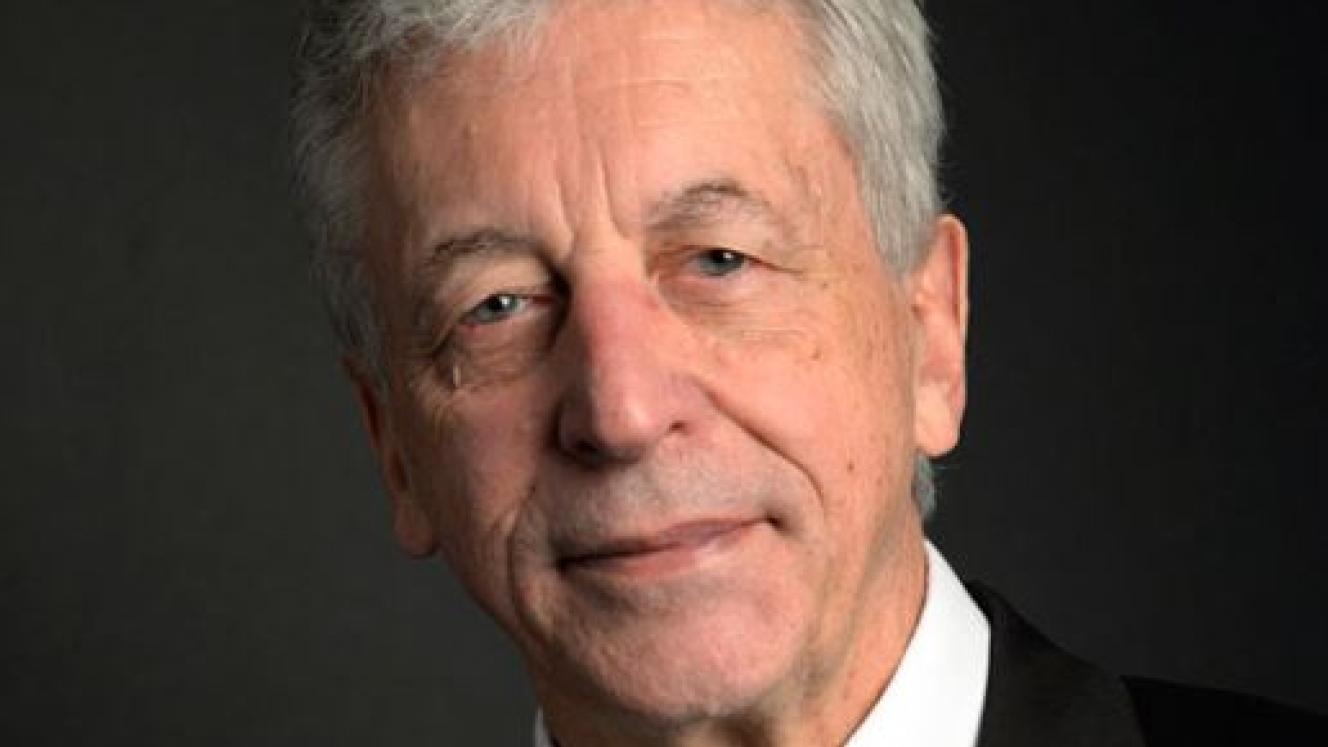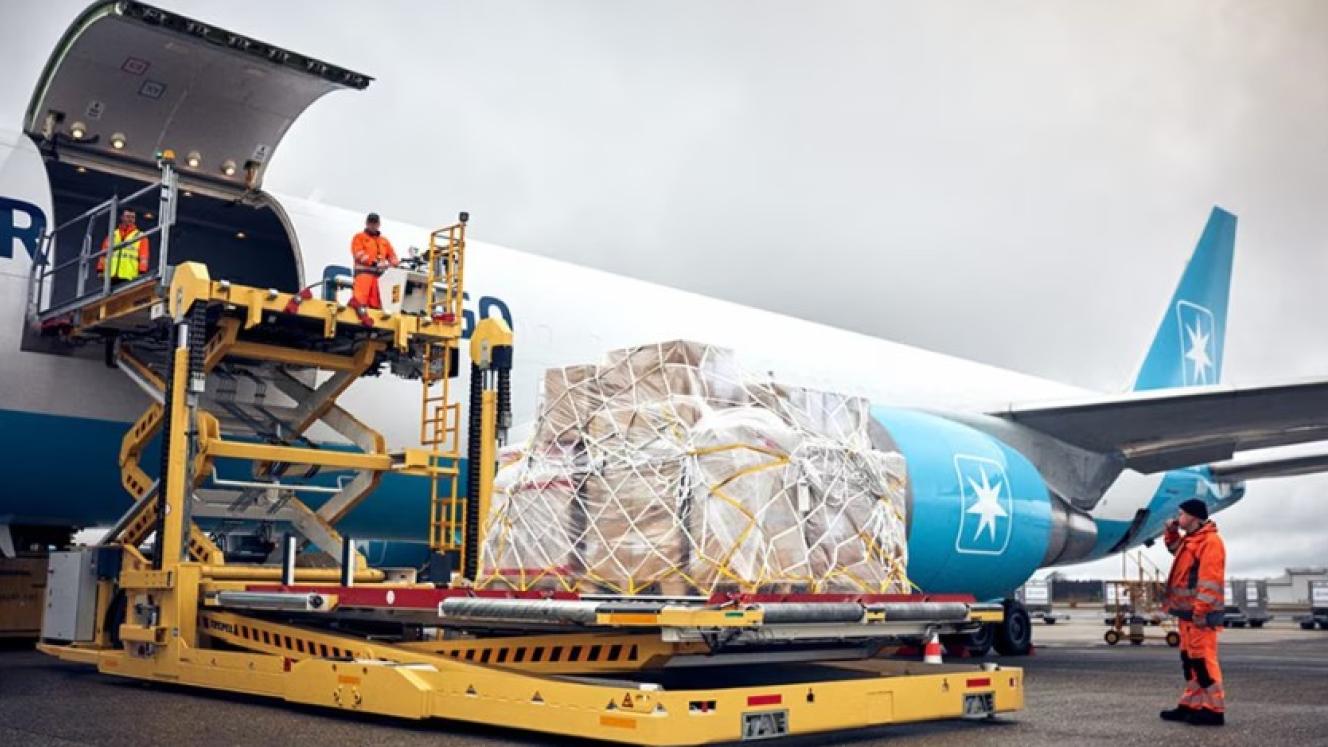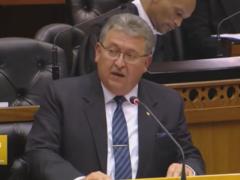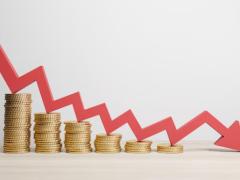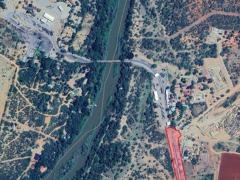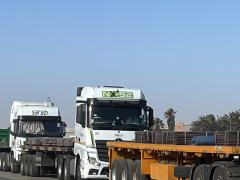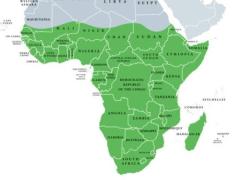As the debate over the prudence of the extended lockdown continues, the Free Market Foundation (FMF) has once again come out strongly against its extension saying it could cause more premature deaths than far less extreme measures, or even lifting existing measures completely.
“The economic and human rights impact is more extreme than all but a few realise,” says FMF CEO Leon Louw.
“By increasing poverty, the lockdown increases the death rate. The health and wealth loss is likely to exceed real or imagined lockdown benefits. Wealth destroyed by the lockdown could fund universal healthcare, which would save tens of thousands of lives.”
While Louw says that according to experts there is great uncertainty about the lockdown's benefits, South African scientist, epidemiologist and director of the Centre for the Aids Programme of Research (Caprisa), Professor Salim Abdool Karim, said at the weekend that a proactive approach to fighting community transmissions of coronavirus infections had given South Africa the edge for now in the war against the global epidemic. He added, however, that while lockdown appeared to be working, the country had a long way to go in fighting the disease.
According to Louw, the FMF’s research suggests that the lockdown costs the country at least R10 billion daily, or R350 billion in five weeks. That is enough for 3.5 million RDP houses, enough to house all homeless people and people crammed into overcrowded shanties. It is enough to feed 30 million undernourished people daily or build 20 hospitals… every day. It could fund universal healthcare, modernise and upgrade all clinics, and fund thousands more doctors, nurses, teachers or police.
He says R350 billion or more is being lost forever. It can never be recovered. Compounded at 10%, the loss doubles every seven years. At 5%, it doubles every fourteen years. One of the hardest things to do during a fear-inducing pandemic, is retain perspective. Statistical analysis based on official estimates suggests that Covid-19 deaths, if, as predicted, two-thirds of all people get infected, will be somewhere between 25 000 and 250 000. That range reflects the degree of uncertainty. Reduced deaths by other preventable causes could save more lives: 17 000 road, 63 000 tuberculosis and 43 000 murder deaths, for instance, he adds.
Louw believes that what the government should do urgently is lift the lockdown, promote healthy behaviour, promote prosperity by implementing long-overdue pro-market structural reforms, and to get those people lucky enough to have a job, back to work.
